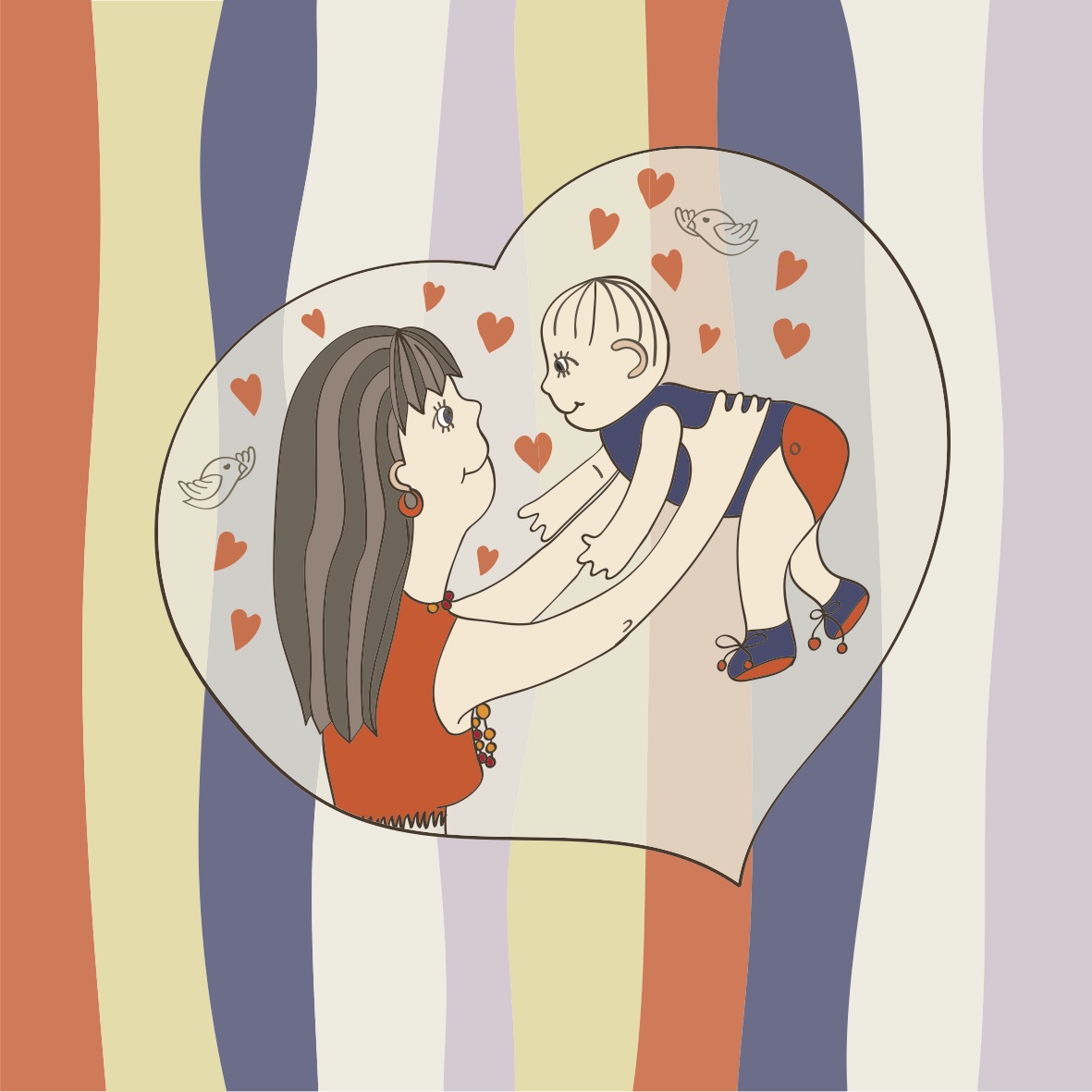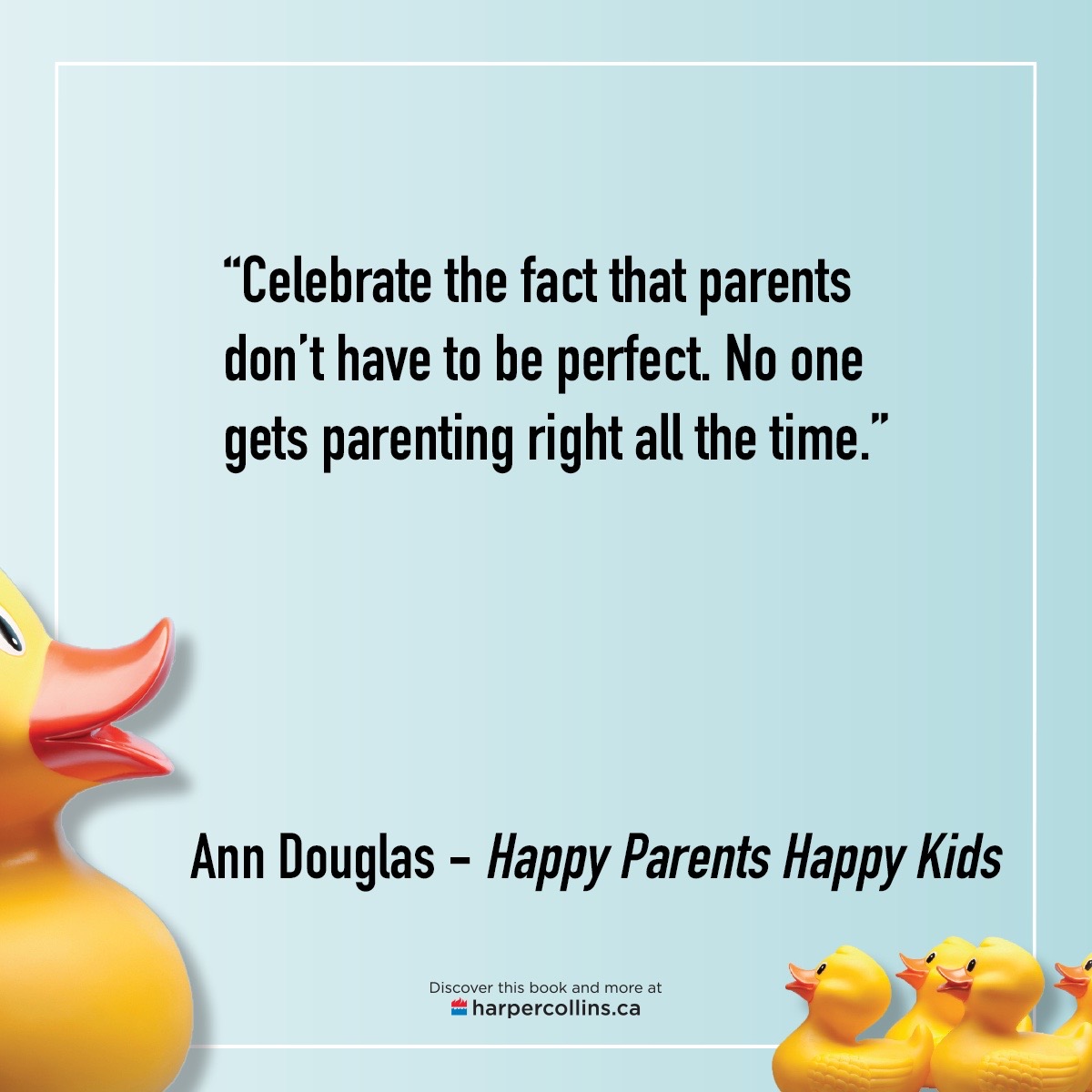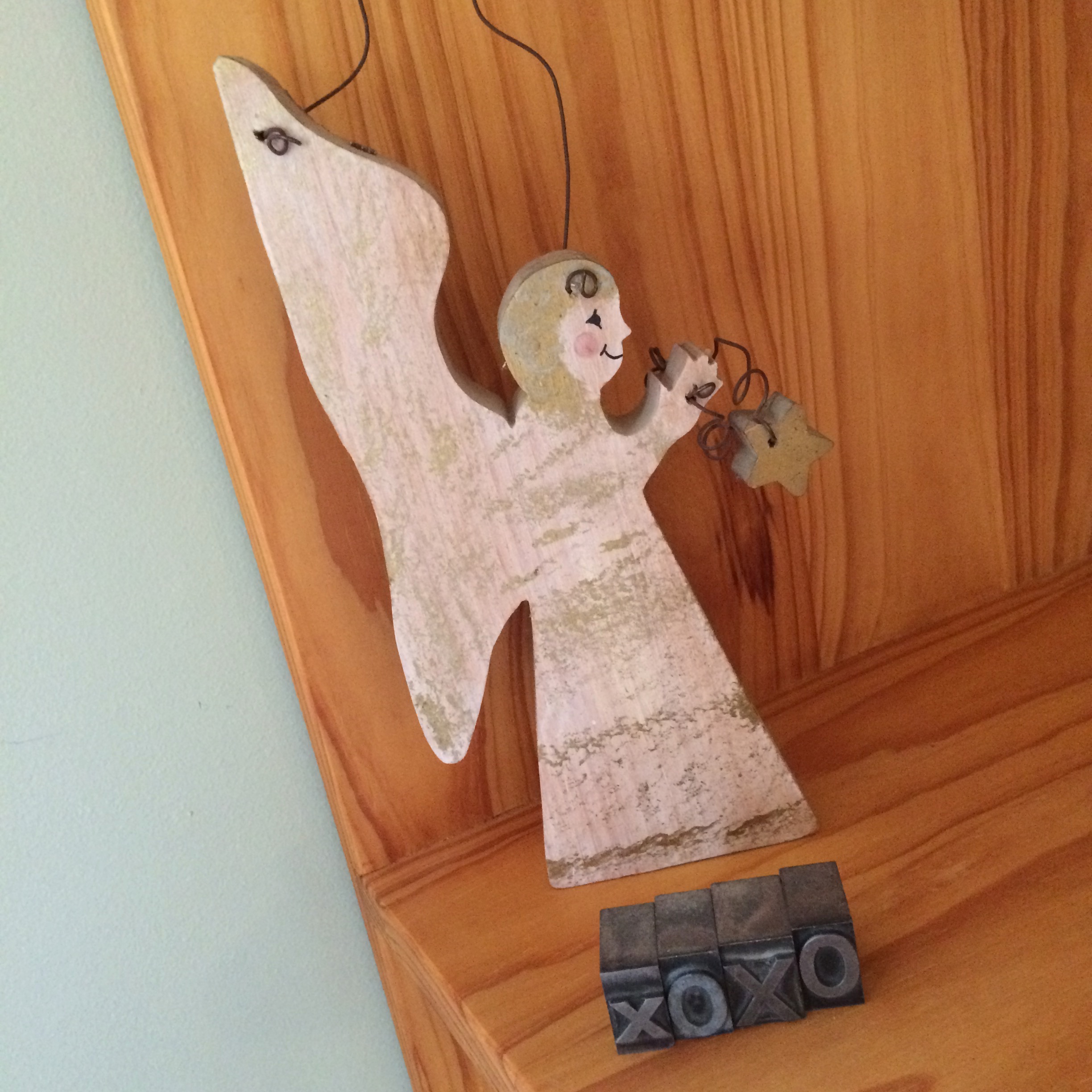The high school graduation celebrations are officially behind you and your teen’s entry into college or university is still a couple of months away. This summer should be all about harvesting the fruits of all your earlier parenting labours and truly savouring your relationship with your teen, right?
Well, maybe….
While that all sounds great in theory, the reality tends to be a whole lot messier. In fact, the summer before college or university can be an emotionally stormy time for parents and teens alike. Here’s what you need to know to ride out those storms.
Seek the wisdom and support of other parents
Hopefully you’ll be lucky enough to have a friend who has weathered some of these storms as a parent and who can reassure you that everything that you’re feeling is perfectly normal (although it may feel anything but). My friend Bonnie was that person for me. She did an amazing job of validating my feelings: my sadness about the fact that my child was leaving home and my pride in them for being ready to take this step and my fear that they might walk away and never look back (that they might forget that they’d ever had a mom!) and my deep-seated worry that I might officially be becoming obsolete.
Understand why you’re feeling all the feelings
The summer between high school and college or university is a time of relationship transition; and change is always hard. We humans love our ruts! So, as a parent, you’re trying to make sense of the fact that your relationship with your teenager is about to change in all kinds of unknown ways. That’s scary, especially given that you’re invested the better part of two decades into this particular relationship. How could it not feel high stakes when there’s just so much at stake!
I remember how restless I was feeling and how restless my teenager was feeling: it was like we were caught in an emotional holding pattern for an entire summer, caught between a familiar past and an unknown future. I had so many questions. What would my relationship with this teenager be like once we packed up their stuff and drove them off to college or university? And what would my life be like? This was as much a turning point for me as it was for them.
I also remember feeling like the clock was ticking down: that I only had a few precious weeks left to finish the job of preparing my teen for life in the outside world. Had I had all the important talks with him? Was there something important that I still needed to teach her? It felt like this was my last chance to tie up all the loose ends of parenting!
Of course, looking back, I now understand that I was putting an extraordinary amount of pressure on myself — and often needless pressure. I didn’t need to help my teen to cram for some final exam called life. I’d been helping her to do the necessary prep work all along! And it wasn’t as if I was about to be fired from the job of “mom.” I’d just be switching to more of a consulting role. I’d be on-call instead of working full-time.
Remind yourself that this is an emotionally challenging time for your teen as well
Your teen is no doubt wondering about what lies ahead: what it’s actually like to head off to college and university. Is it non-stop fun, like Instagram would have you believe, or is it actually a scary amount of work? And what will it be like to be a very small fish – say a teeny tiny minnow – as opposed to a big fish in the much smaller pond that was high school?
And of course, there’s the whole issue of separation. Your teen is likely feeling a lot of anxiety about separating: about being away from you and from their circle of friends. Contrary to popular belief, separation anxiety isn’t just a thing for babies and toddlers. It is very much a teen thing, too.
This is something I was speaking with Sara Dimerman about recently. She’s a psychologist in Richmond Hill, Ontario, and the author of a brand book – Don’t Leave, Please Go – that takes a deep dive into all of these issues. She noted that it’s not just a matter of teens struggling to let go of their family. They’re also struggling to let go of their friends. “It’s totally normal for your teenager to be going through this process of separating not just from you as a family, but also from their friends,” she explained. She pointed out that this can be really tough, particularly when the friendship roots run deep. Bottom line? Saying goodbye to a group of close knit friends who are about to scatter to the four winds can be emotionally wrenching for a teen.
If you can remind yourself that parenting is ultimately about empathy (recognizing that it’s hard to be the parent and that it’s hard to be the kid), you’ll find it easier to respond to your teen’s desire to spend the maximum amount of time with her friends (and the minimum amount of time with family) with kindness, not hurt or frustration.
Recognize that this transition isn’t just a mom thing
It can be really tough on dads, too. And, what makes it even tougher for dads is the fact that dads have a harder time tapping into support than moms. A 2015 Pew Research study found, for example, that moms were nearly twice as likely to have received support on a parenting issue from their online networks in the previous thirty days as compared to dads. And this continues to be the case in 2019.
Dimerman told me that it’s really important to look for opportunities for dads to work through some of the emotions that they may be feeling during this summer of transition. She recommends that dads dive into the practical preparations for the impending move and that the entire family, including siblings, be involved in the process of saying goodbye. After all, this pending separation will have a huge impact on the entire family, so it makes sense to work through the experience as a family.
Remind yourself that this is a beginning, not an end
CBC Radio parenting columnist Ann Douglas on the emotional challenges of parenting a teenager who is getting ready to head off to college or university.
If you talk to other parents who have weathered this transition with their kids and who have come out the other side, you’ll find that, in most cases, the relationship between parent and child continues to be strong. It’s just strong in a different way.
These parents will also tell you that, in the majority of cases, the anticipation of the separation ends up being far worse than the actual separation. You’re basically spending an entire summer dreading the removal of the world’s biggest emotional bandaid: a bandaid that’s roughly the size and shape of your child! Once that bandaid has been yanked off and you’ve had a chance to settle into your new normal, you may be shocked to discover just how happy you feel. There’s a solid body of research to indicate that the happiest stage of parenthood for mothers in particular is the young adult stage. You still have a loving connection to your child, but with a whole lot more sleep and a whole lot less laundry! And while it may feel like the end of the world (at least until you’ve lived through it), it’s actually an exciting new beginning: a brand new chapter in the relationship story that you will continue to write with your child.
Ann Douglas is the author of numerous books about parenting including, most recently, Happy Parents, Happy Kids — a guide to thriving alongside your kids at all stages of parenting. She is also the weekend parenting columnist for CBC Radio. This blog post is based on her most recent parenting column.








